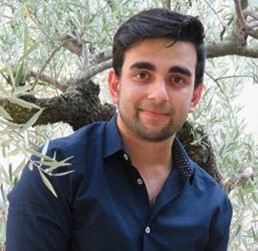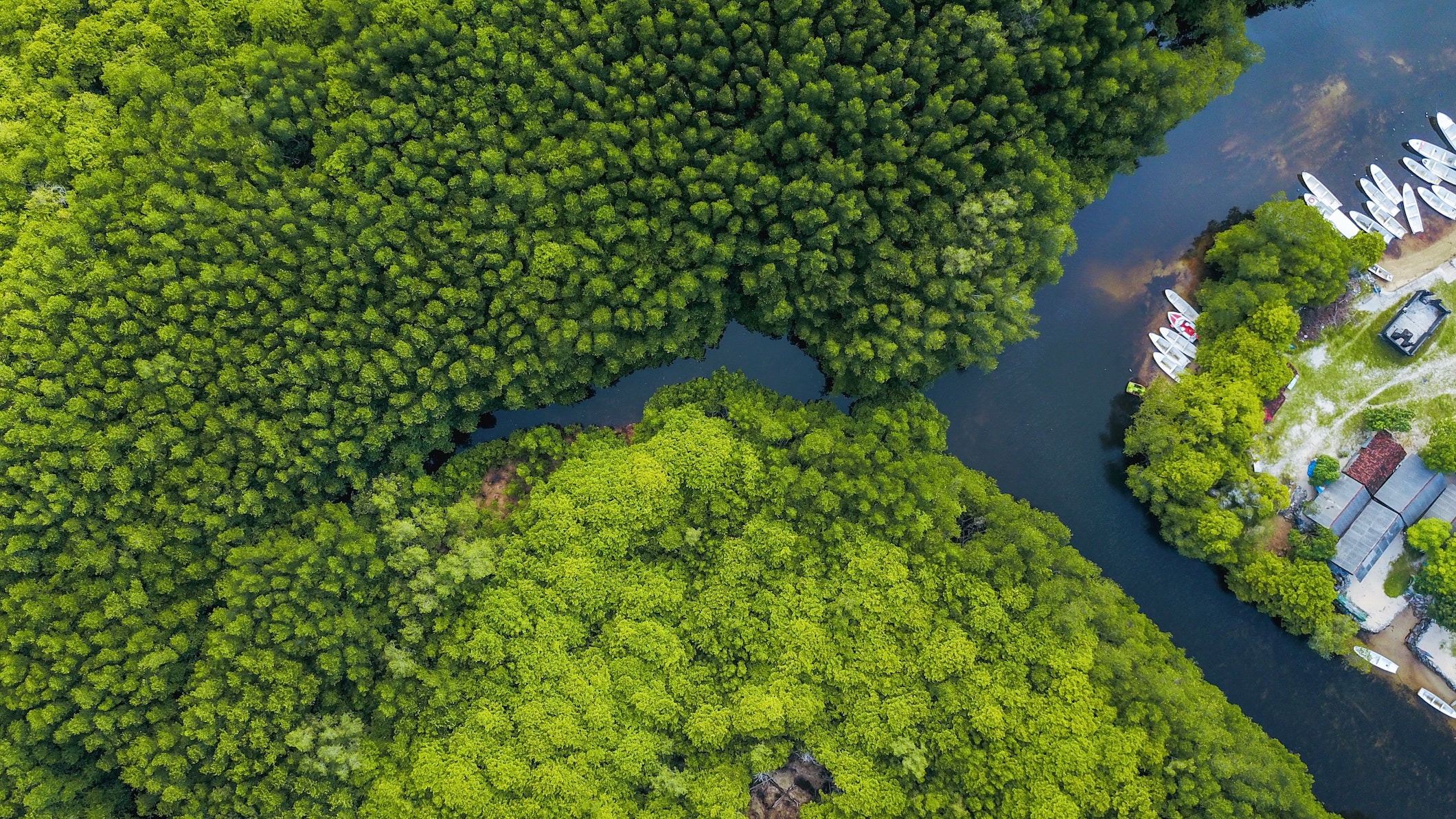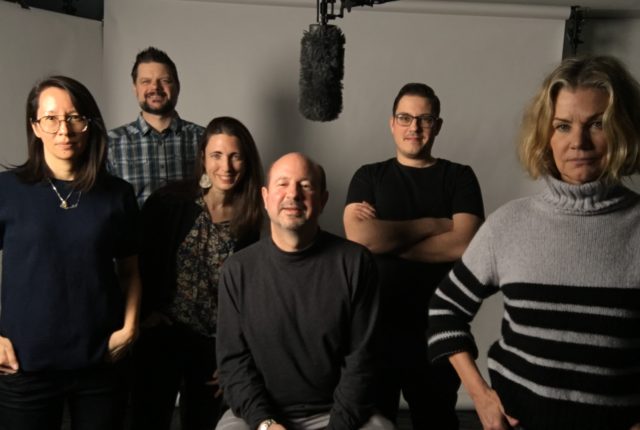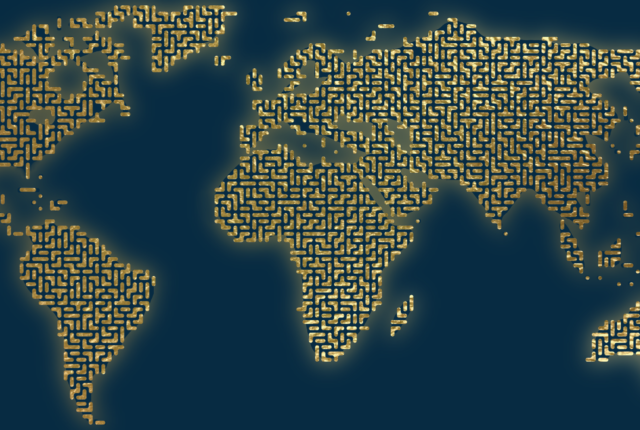By Mikhail Fernandes
Since the dawn of humanity, we have nurtured an inextricable bond with Nature. Our relationship with Nature is multi-faceted and shaped by our societal complexity, adversity, and diversity. Our societal view of Nature is constantly evolving, as not all of us perceive Nature in the same capacity. Our ability to define and express varied perspectives on Nature can often be polarizing, particularly for those whose motivations are driven by greed rather than environmental need. Our society is tainted by unfortunate flaws due to our inability to act cohesively and effectively on challenges that threaten Nature and society. We, as a society, are very much dependent on Nature for our physical and mental well-being. It is pivotal for us as human beings to acknowledge our dependencies on the natural world and to ensure that necessary steps are taken to help improve our relationship with Nature and to mitigate biodiversity loss.
Over the years, I have been in a fortunate position to have worked in a variety of landscapes ranging from the coastal areas of the Arabian Sea, the Himalayas, the Deccan Plateau, the Veneto Po Delta, and the prairies of the American mid-west. The diversity of these field experiences in supporting native land restoration and protection shaped my perception of Nature and society. The ability to be out in the field and gain a hands-on experience with Nature gave me a better sense of understanding of the immense time and effort needed to successfully implement native land restoration and protection initiatives.
Protecting Nature means protecting people and our planet. Nature is fundamental for the enhancement of our societal wellbeing and provides the essential services needed for our survival. The disruption and overexploitation of Nature can have devastating consequences across sectors and geographical boundaries. As a collective, we need to work with Nature in helping address some of our societal challenges. In recent times, Nature-based Solutions (NbS) have gained greater visibility in major international agreements and national frameworks. NbS is often seen as a cost-effective approach for helping address some of our greatest societal challenges.
To help raise awareness on the importance of Nature, I had the privilege of supporting the development, implementation, and coordination of an online course on “Nature-based Solutions for disaster and climate resilience.” The course was first launched in January 2021 and has now accumulated over 60,000+ enrolments from 190+ countries. This immense achievement has been made thanks to the outreach and support from the European Commission, the United Nations Environment Programme (UNEP), the Partnership for Environment and Disaster Risk Reduction (PEDRR), and the SDG Academy. The online course highlights the vitality of working with Nature rather than against Nature. The course provides a platform for those who wish to discuss more on the topic and share knowledge across the platform. If you have yet to take the course, I would highly recommend signing up soon, as we plan to conclude the course in August 2023.
Participants and graduates from our online course on Nature-based Solutions continue to drive inspiration and mobilize discussions across the world in-support of NbS. It is incredible to see the amount of interest and engagement coming out of the NbS course. It is worth noting that a large percentage of this engagement comes from our youth demographic predominantly originating from the Global South. Seeing the amount of youth engagement and interest in our NbS course is a reminder that young people are striving to learn, innovate, and mobilize change to safeguard our planet and future. And so, it is worth taking the time to hear their voices and ensure that the youth are part of the decision-making process.
Ultimately, there needs to be continued support for research and investment in Nature-based Solutions to help promote sustainable development across sectors and to help address some of our societal challenges facing our planet today. A life without Nature is hard to imagine. Our future generations should be able to experience Nature in real life, like we do. If we cannot cultivate a sustainable world, our future heralds more crises for humanity as well as for Nature.

Mikhail Fernandes
Mikhail Fernandes began his environmental work in Southern India, where he led community-based forest conservation projects. He then spent several years in the United States supporting native prairie and river restoration projects; including the development of a farm-to-fork initiative in rural Indiana. He
has worked in the Western Cape Province in South Africa, mentoring gang-inflicted youth and marginalized groups. He has also supported the development and implementation of permaculture practices in Ubud, Indonesia. Currently, he is working for the United Nations Environment Programme supporting the promotion and implementation of Ecosystem-based Disaster Risk Reduction alongside the Partnership for Environment and Disaster Risk Reduction.




